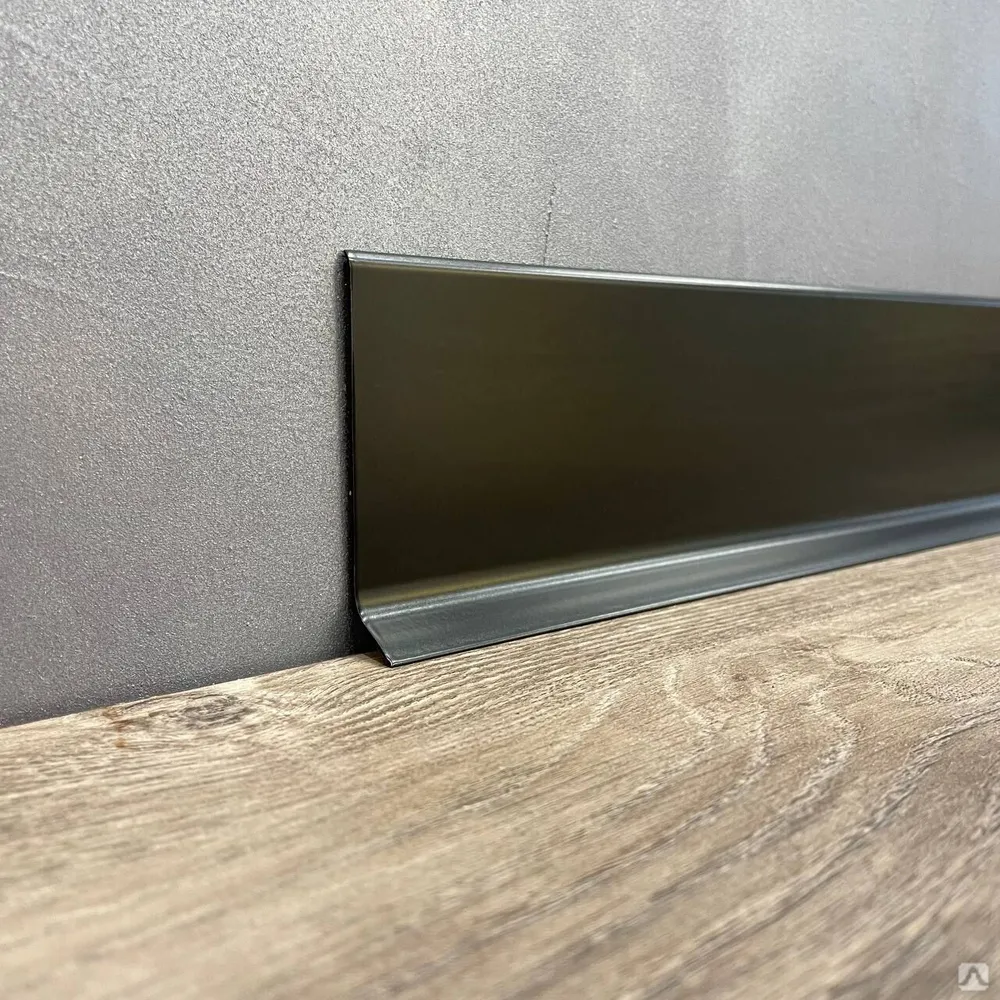Choosing the Right Flooring Solutions for Places of Worship and Church Facilities
Choosing the Right Commercial Flooring for Churches
When it comes to designing and renovating church spaces, one of the often-overlooked elements is the flooring. The choice of flooring plays a critical role in creating an inviting and functional atmosphere for congregants, as well as enhancing the overall aesthetic of the space. With various options available, selecting the right commercial flooring for churches involves careful consideration of several factors, including durability, design, functionality, and easy maintenance.
Durability
Churches experience a high volume of foot traffic from attendees, making durability a primary concern when selecting flooring materials. The flooring must withstand heavy usage without showing signs of wear and tear. Hard surfaces such as vinyl, tile, or polished concrete tend to have high durability ratings, making them excellent choices for churches. These materials offer resistance to scratches, dents, and stains, ensuring that the flooring remains looking pristine for years to come.
Design and Aesthetic Appeal
The visual aspect of flooring is equally important as its durability. Churches often serve as community gathering places, and the ambiance created by the flooring can have a significant impact on the overall feel of the space. Options like hardwood flooring offer a warm and inviting appearance, contributing to a traditional and serene atmosphere. For a more modern feel, consider carpets or luxury vinyl planks that come in various colors and patterns to align with the church's branding and mission.
Carpet tiles are another popular choice for churches, as they provide a level of design flexibility. They come in various colors and styles, allowing for creative designs that can reflect the church’s values or seasonal themes. Additionally, carpets can reduce noise levels and create a comfortable environment for congregants, especially in large spaces.
Functionality
Different areas of a church may require different types of flooring based on their intended use. For example, fellowship halls might benefit from flooring that is both comfortable and easy to clean, as these areas are used for dining and social gatherings. In contrast, worship areas might require flooring that provides both acoustical benefits and a sense of reverence.
commercial flooring for churches

Choosing slip-resistant flooring materials is crucial, particularly in entrances and other high-traffic areas where spills may occur. Options like textured vinyl or treated hardwood can enhance safety, ensuring that congregants can move about the space without risk of slipping.
Maintenance
Another critical factor to consider when selecting commercial flooring for churches is maintenance. Churches often have budget constraints, and flooring that requires frequent maintenance may not be sustainable in the long run. Vinyl flooring and tile are known for being low-maintenance; they require minimal upkeep to keep them looking clean and new. In contrast, while hardwood flooring offers aesthetic appeal, it may require more maintenance in terms of refinishing and protective coatings.
For carpeted areas, selecting stain-resistant products is ideal, as this can drastically reduce the time and cost of cleaning. Consider also how easy it is to remove and replace individual carpet tiles if needed; this can save both money and time in maintenance efforts.
Eco-Friendliness
In today’s environmentally conscious world, many churches are leaning toward sustainable practices. Choosing eco-friendly flooring materials can make a significant impact. Flooring made from renewable resources such as bamboo or cork not only adds beauty to the church but also promotes a sustainable message to the community. Additionally, recycled materials in tile or carpeting can contribute to LEED certification, showcasing the church's commitment to environmental stewardship.
Conclusion
Selecting the right commercial flooring for churches is about striking the right balance between aesthetics, functionality, and maintenance. Whether opting for durable tile, inviting hardwood, or flexible carpet solutions, each choice can significantly impact the church’s environment and its function as a community hub. By considering the unique needs of the church and the values it represents, decision-makers can create a welcoming, safe, and beautiful space that reflects the spirit of the congregation while serving practical purposes for many years to come. An investment in quality flooring is an investment in the future of the church community.
-
modern-interior-solutions-with-durable-pvc-material-skirtingAug.22,2025
-
elevating-outdoor-spaces-with-premium-wood-material-skirtingAug.22,2025
-
Waterproof Advantages of SPC Flooring Vinyl in KitchensAug.06,2025
-
SPC Hybrid Waterproof Flooring Thickness GuideAug.06,2025
-
Leveling Subfloor Before My Floor SPC InstallAug.06,2025
-
How Mesh Deck Skirting Improves Outdoor Pest ControlAug.06,2025




